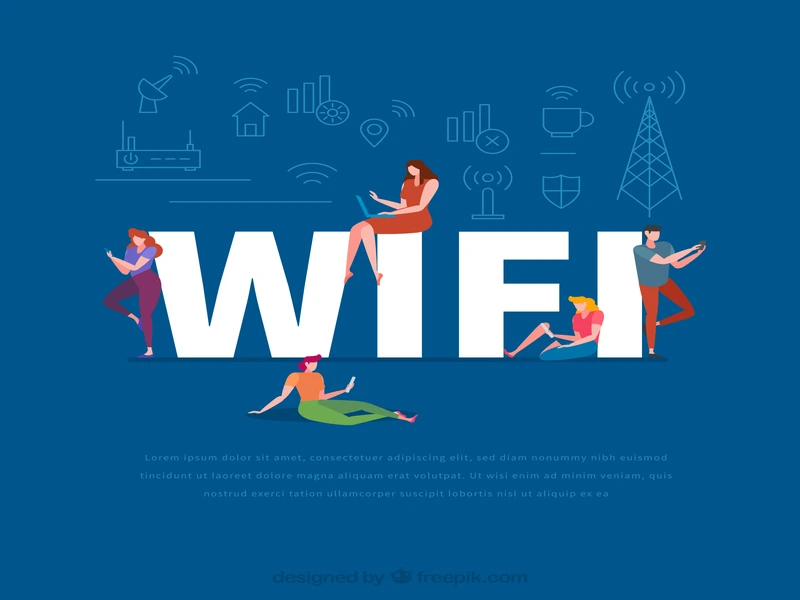- Industry bodies warn that licensing the upper 6 GHz band could harm innovation and public internet access.
- EU regulators are under pressure as member states push to reserve the band for mobile operators.
What happened: Industry pushes back on EU spectrum licensing plan
The Wi-Fi industry is calling on the European Commission to keep the upper 6 GHz band (6425–7125 MHz) unlicensed, warning that changing its status could undermine Europe’s digital progress. In a joint statement, over 50 organisations—including the Wi-Fi Alliance, Dynamic Spectrum Alliance, and OpenWrt—urged the EU to resist pressure from mobile operators who want exclusive access to the spectrum for 5G and future 6G services.
The call follows moves by some EU member states and mobile industry groups to advocate licensing the band for International Mobile Telecommunications (IMT). Regulators in the US, UK, Brazil and South Korea have already opened the full 6 GHz band for unlicensed use, supporting technologies like Wi-Fi 6E and the emerging WIFI-7 standard.
The European Commission is currently conducting an impact assessment on the use of the upper 6 GHz band, expected to inform its final decision later this year.
Also Read: Private wireless network vs WIFI
Also Read: Does fibre optic improve WiFi? How it boosts your connection
Why it is important
The outcome of the EU’s decision could significantly shape the region’s connectivity landscape for decades. Wi-Fi networks carry more than 70% of all mobile traffic, according to Cisco, and advocates argue that limiting spectrum for Wi-Fi would risk congestion, reduce performance, and stall innovation in homes, businesses and public spaces.
Organisations such as the Wi-Fi Alliance argue that unlicensed access to the upper 6 GHz band is crucial for next-generation wireless technologies, including smart cities, Industry 4.0, and edge computing. They also warn that favouring licensed mobile use could drive up costs and reduce competitiveness for European companies relying on open, shared connectivity.
Mobile operators, backed by groups like the GSMA, contend that reserving the band for 5G is necessary to meet growing data demands. However, critics say 5G already has access to other bands, and dedicating more spectrum to it could hinder broader digital access.
On balance, the case for keeping the upper 6 GHz band unlicensed is stronger. With increasing dependence on Wi-Fi and a global trend toward shared spectrum, the EU risks falling behind by adopting a restrictive licensing model.

